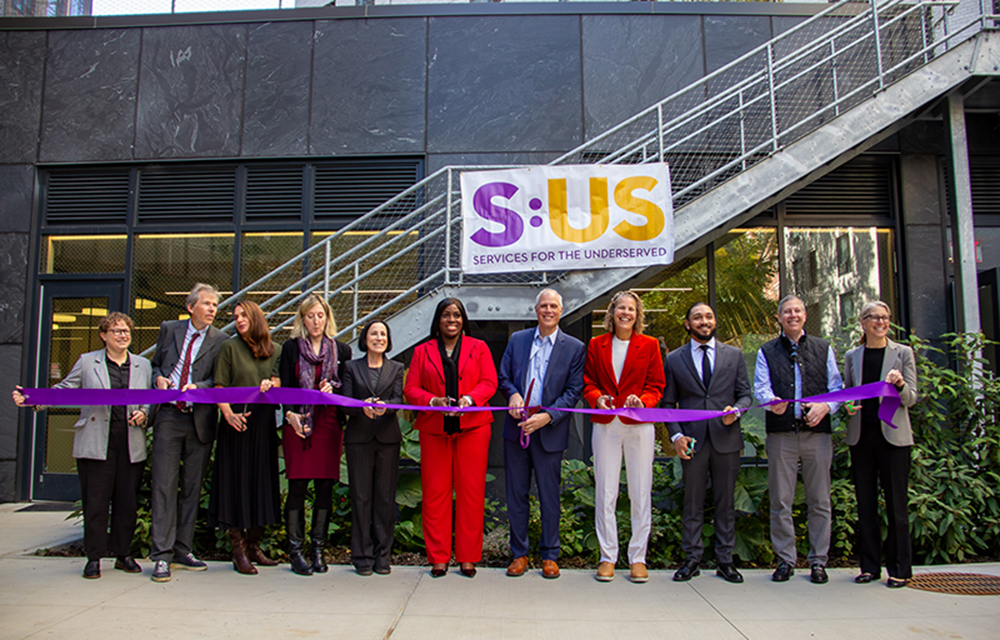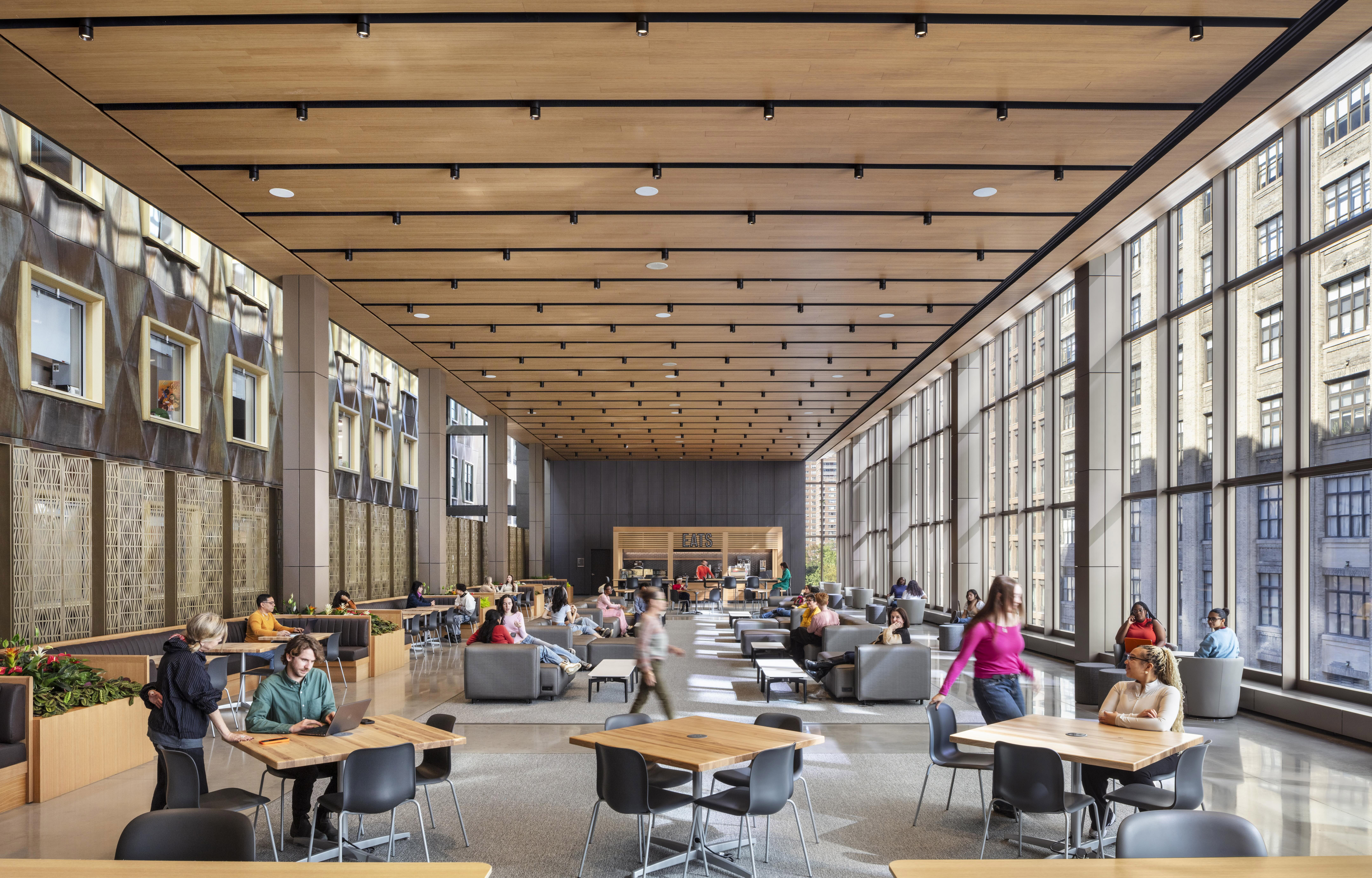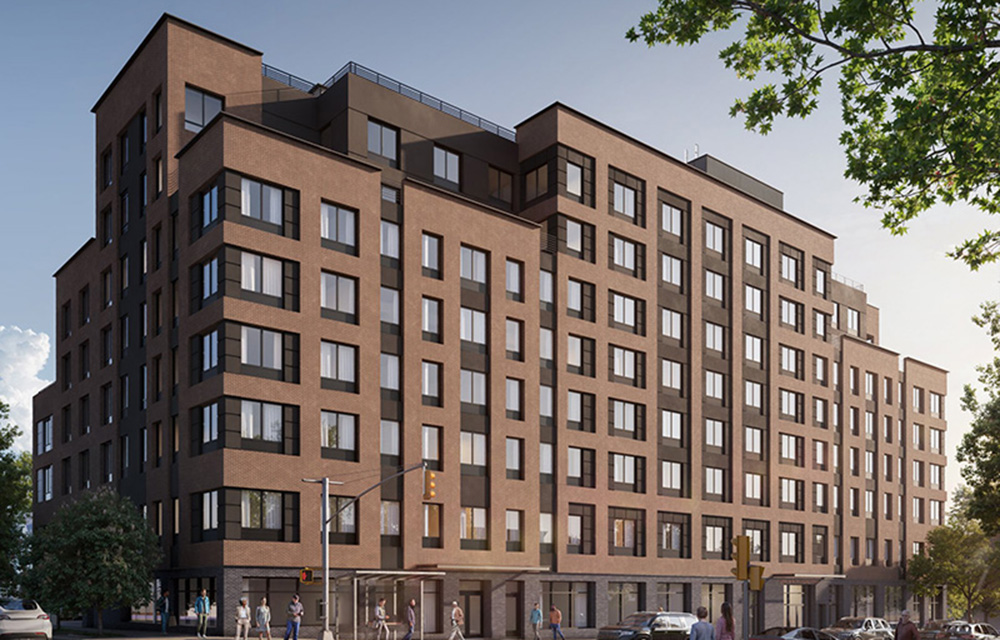Adaptive reuse for commercial real estate - by Charles Witczak

Adaptive reuse refers to the process of reusing an existing building or property for a purpose other than which it was originally built or developed. It is also known as repositioning or conversion. Adaptive reuse is an effective strategy for optimizing the operational and commercial performance of built assets.
Many businesses and brick-and-mortar retail locations have slowly been downsizing or, even worse, going out of business. This recent trend started with the increase of online shopping but has since been magnified as a result of the COVID-19 pandemic. What is left behind is an abundance of existing structures that have been rendered vacant. Who will fill these spots? These vacancies leave opportunity for new, different businesses to thrive. The next trend in real estate development will be to replace existing vacant retail spaces with something useful and revenue generating, based on current and future demand.
A common trend is finding that most old shopping centers are “over parked.” This means that at the time they were developed, the parking zoning laws were different; and by today’s standards there are too many parking spaces for that shopping center or facility.
One way developers are overcoming this issue is through conversion of developed parking lots into smaller, satellite store fronts such as AT&T or Starbucks. These stores occupy a smaller footprint than other retail stores, making them ideal for this conversion. They are also strong candidates for this type of redevelopment because a drive-thru can easily be implemented due to the central location within the parking field. This is also a win for the developer or owner of these spaces to not only reuse the left behind vacant parking lots but to generate more revenue in a short time from an already developed piece of property.
An engineer can assist the developer or owner in conducting a parking study to see how they qualify to maximize their potential building space. This parking study can identify what the current demand is, how much area is available to redevelop and help select the right vendor to fit in that footprint. This is an efficient utilization of already developed areas. The engineer understands the challenges faced with designing these retail spaces as they can be difficult to navigate within the restraints of an already small footprint.
A large quantity of parking spaces is usually not required for the new use and redevelopment will generally not involve additional storm water management measures such as costly drains, surface or underground detention areas.
An engineer can also identify traffic patterns to ensure a safe flow of traffic to and from the developed site; as well as, in and around the parking lot. The engineer can also help with positioning of the store front to maximize view from the street. This is especially important so the building is seen and noticed from the main road.
Another trend the real estate industry is experiencing, is the repurposing of old malls and warehouses into fulfillment centers. The interiors of these spaces need to be completely gutted to maximize the space for inventory. Loading docks will be added in lieu of parking spaces. Many parking lots will need to have the concrete curbs removed to create a better space for large trucks to navigate to the loading docks. Many times, building height limitations will dictate the feasibility of this repurposing.
When taking on a redevelopment project, it is important to have an understanding of the town zoning regulations. Each building type has different rules for example, converting an industrial space into commercial space may have different rules as opposed to converting a space into a residential property. In the state of New Jersey, this type of redevelopment is very popular. Most of the local and town zoning requirements discourage real estate developers from cutting down trees in lieu of taking an old run down property and repurposing it. When redeveloping, the goal should be to try to condense and save resources but still foster growth of the business or living space.
Different zones are set up within towns or cities. If the town rules are followed, a permit will be issued. Another option is to seek a use or bulk variances. In this situation, a developer applies to conduct a use or build on a property that is not permitted within the zoning regulations. For example, a developer wants to convert a rundown garden nursery into retail space, but that property is zoned for residential. However, that does not mean that this cannot be approved. The developer will then present their case, with substantial facts and evidence from the engineer, to the zoning board and ask for permission to construct this use within that area.
Recently, developers have found favorable results in many municipalities when proposing mixed-use facilities. The engineer and professional planner help conduct the leg work required to make a case for this use variance.
The developer’s engineer can meet with other professionals representing the Planning Board prior to a full submission of plans to gain valuable information regarding the current needs of a community prior to proceeding to the formal board approval process. This is particularly valuable to national franchise chains who do not have expertise of the local ordinances and what a specific town will require, which will save them time and money.
There are some drawbacks and negatives related to adaptive reuse. It is not uncommon for older sites to have varying levels of contamination. For example, a site that was used for manufacturing pharmaceutical drugs or chemicals may not meet regulations to build or renovate residential space. Real estate developers need to be careful and have the right team in place to conduct soil testing and have an understanding of local zoning and permitting process for all sites.
It is always important to understand all facets of the property before undergoing an adaptive reuse project. Having a Professional Engineer and planner on board early on will help you acquire the necessary permits and have a successful construction project.
Charles Witczak, PE, is the president of Witczak Engineering, Brick, N.J.
NYC mayor and DOB release comprehensive façade inspection and safety study conducted by Thornton Tomasetti








.gif)
.jpg)

.gif)